Search
Research
Involving young people with lived experience in advancing mental health science: an exploratory qualitative study from Pakistan and IndiaMeaningful involvement of young People with Lived Experience (PWLE) in co-designing youth mental health interventions has been much emphasized globally. However, there is a scarcity of evidence on involving PWLE of mental health problems in designing, implementing and evaluating mental health interventions, especially in Low- and Middle-Income Countries.
Research
Twenty-five is not a neurobiologically determined age of maturity for gender-affirming medical decision-makingAmong the increasing threats to the healthcare of transgender and gender-diverse people globally, are efforts to deny gender-affirming medical care to people under age 25 typically justified by stating that the human brain is not developed until the mid-to-late 20's. Thus, this line of reasoning states young adults are not sufficiently mature to be responsible for autonomous healthcare decision-making— at least in regard to gender-affirming care.
Research
Down SyndromeDown syndrome, also known as Trisomy 21, is one of the most common chromosome abnormalities in humans. It occurs when a child's cells end up with 47 chromosomes instead of the usual 46. Down syndrome causes intellectual disability and other physical and learning challenges.
Research
‘Beyond core business’: A qualitative review of activities supporting environmental health within remote Western Australian schoolsAboriginal children and families contend with higher rates of preventable infectious diseases that can be attributed to their immediate living environment. The environments in which children spend most of their time are their homes and schools. We aimed to understand the opportunities in the school setting to support student skin health and wellbeing through environmental health activities, how these activities were completed, and the barriers to their implementation.
Research
“Our kids are our future”: Barriers and facilitators to vaccine uptake and timeliness among Aboriginal children younger than five years in Boorloo (Perth), Western AustraliaRates of several vaccine preventable diseases, and associated hospitalisation, are higher among Aboriginal and/or Torres Strait Islander children than non-Indigenous children. Western Australia has among the lowest childhood vaccine coverage in Australia, particularly among Aboriginal and/or Torres Strait Islander children. Delayed vaccination is also more common in this population. This project aimed to understand the barriers and facilitators to vaccine uptake and timeliness among Aboriginal and/or Torres Strait Islander children aged under five years in Boorloo (Perth).
Research
Impact of the Play Active policy intervention on early childhood educator's sedentary behaviour-related practices, psychosocial influences and meeting policy recommendationsHigh levels of sedentary behaviour are associated with poor child health outcomes such as obesity. Early childhood education and care (ECEC) services are a key intervention setting. Most ECEC policy-based interventions focus on children's nutrition and physical activity with few aimed at children's sedentary behaviour.
Research
Psychosocial Outcomes in Parents of Children with Acute Lymphoblastic Leukaemia in Australia and New Zealand Through and Beyond TreatmentParents of children with acute lymphoblastic leukaemia (ALL) experience emotional distress throughout their child's treatment course. This study describes the psychological experience of Australian and New Zealand parents of children diagnosed with ALL.
Research
Mapping outdoor alcohol advertising around waterways in an exploration of where and what the advertisements featureIn Western Australia (WA) social activities occur in aquatic environments where alcohol promotion and consumption may be prevalent creating an aquatic alcogenic environment. This poses a challenge for drowning prevention efforts.
Research
A complete genome of an obligately lytic Pseudomonas aeruginosa bacteriophage, Minga-mokiny 4We report the isolation of a bacteriophage with obligately lytic activity against Pseudomonas aeruginosa from wastewater. The reported phage, Minga-mokiny 4, appears to belong to the Schitoviridae family, is of the Litunavirus genus, and has a 72,362-bp genome. No known genes associated with lysogeny, bacterial resistance, or virulence were predicted.
Research
Intravenous Iron-Induced Hypophosphatemia in Surgical PatientsThis study explores the incidence of preoperative hypophosphatemia and whether hypophosphatemia may have affected patient or trial outcomes for those who received ferric carboxymaltose

News & Events
Pneumococcal Vaccine StudyResearchers at The Kids Research Institute Australia are studying a new pneumococcal vaccine designed to provide a broader protection for 21 serotypes of the bacteria S. pneumoniae – 8 more serotypes than the current vaccine given to new babies.
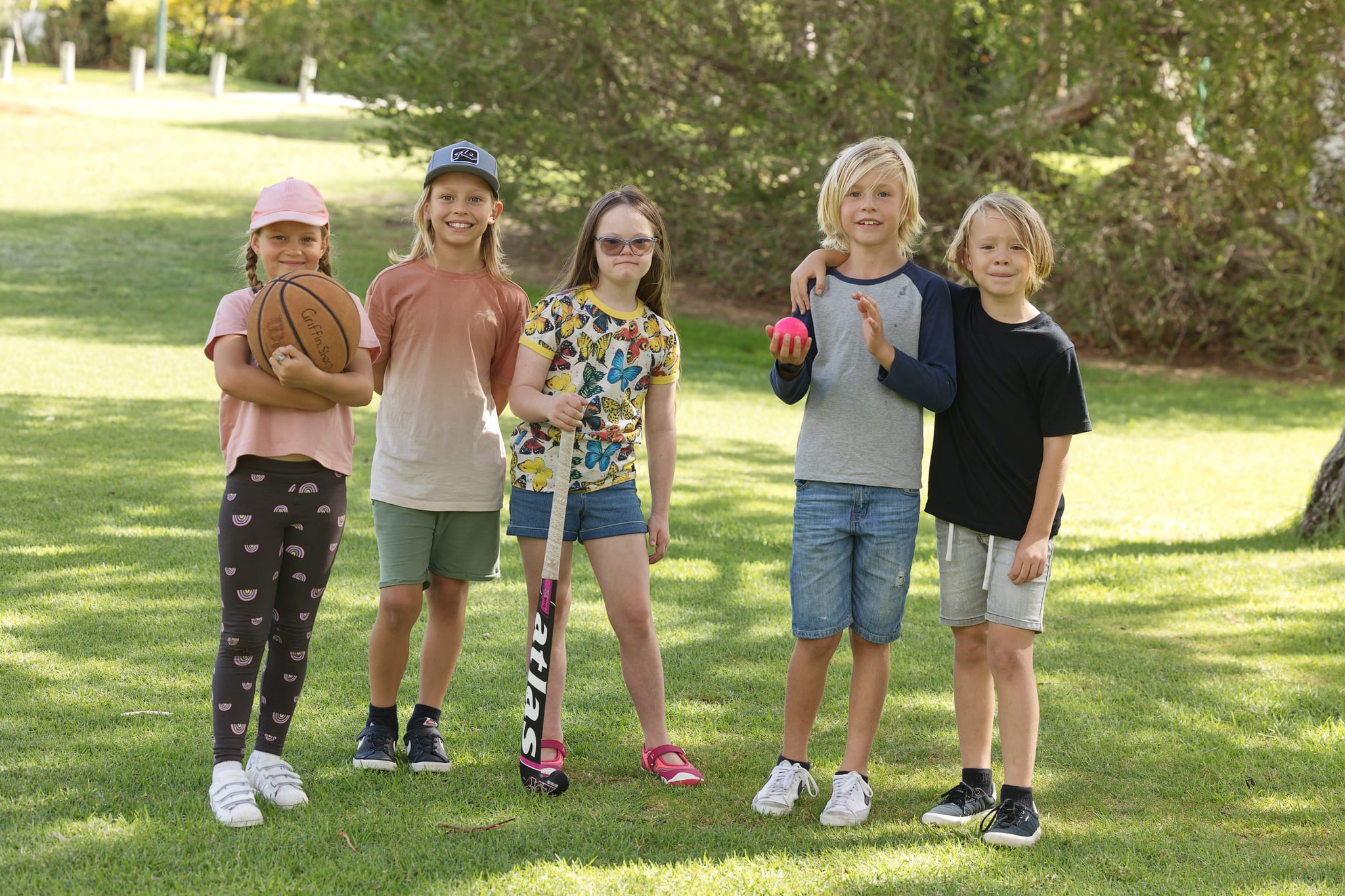
News & Events
Researchers share in almost $3 million for groundbreaking child health researchFive researchers from The Kids Research Institute Australia will share in almost $3 million in grants to continue groundbreaking research to tackle childhood cancer, asthma prevention, lung disease and chronic ear infections.
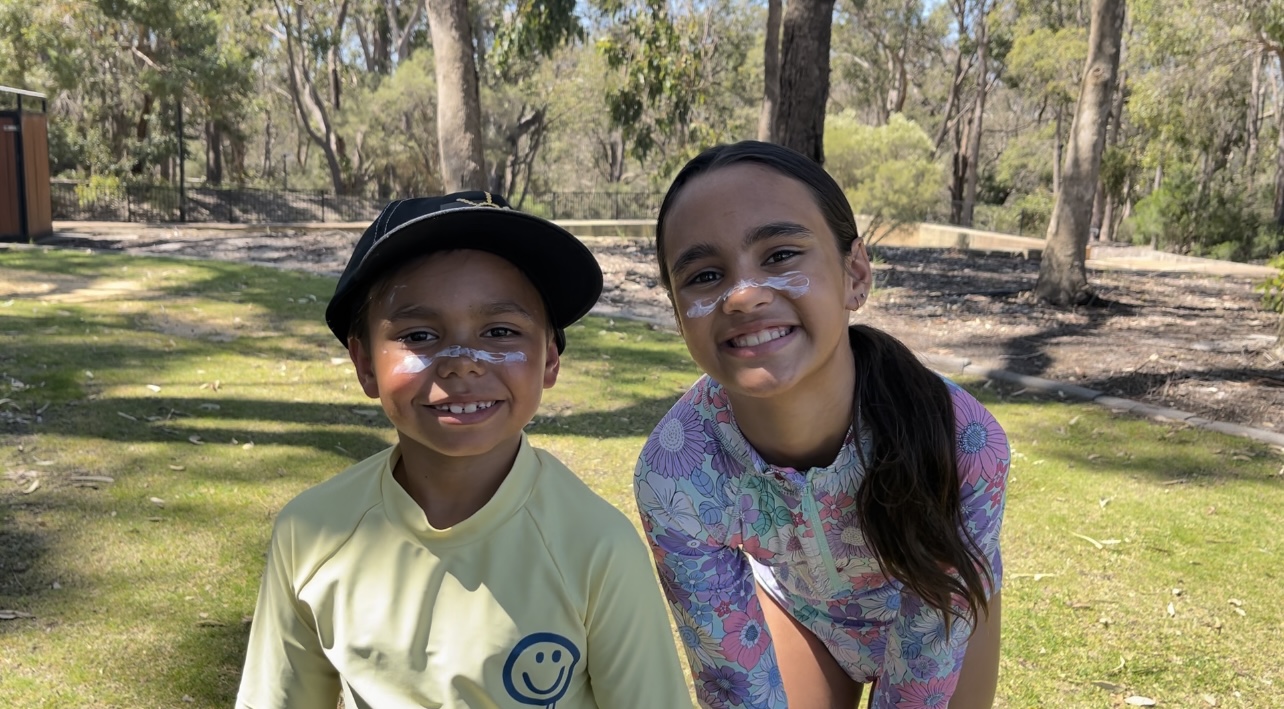
News & Events
Major funding aims to improve skin cancer outcomes for young Aboriginal peopleVital research promoting sun smart choices and skin cancer prevention for young Aboriginal people is now underway at The Kids Research Institute Australia thanks to a $100,000 Perpetual 2024 IMPACT Philanthropy grant.

News & Events
Childhood cancers not on the rise in SA and NT, but disparity remains for Indigenous children in the NTDespite national and global reports of rising incidences of cancer affecting children and young people, a new analysis has found rates of childhood cancer have remained unchanged over the last 30 years in South Australia and the Northern Territory.
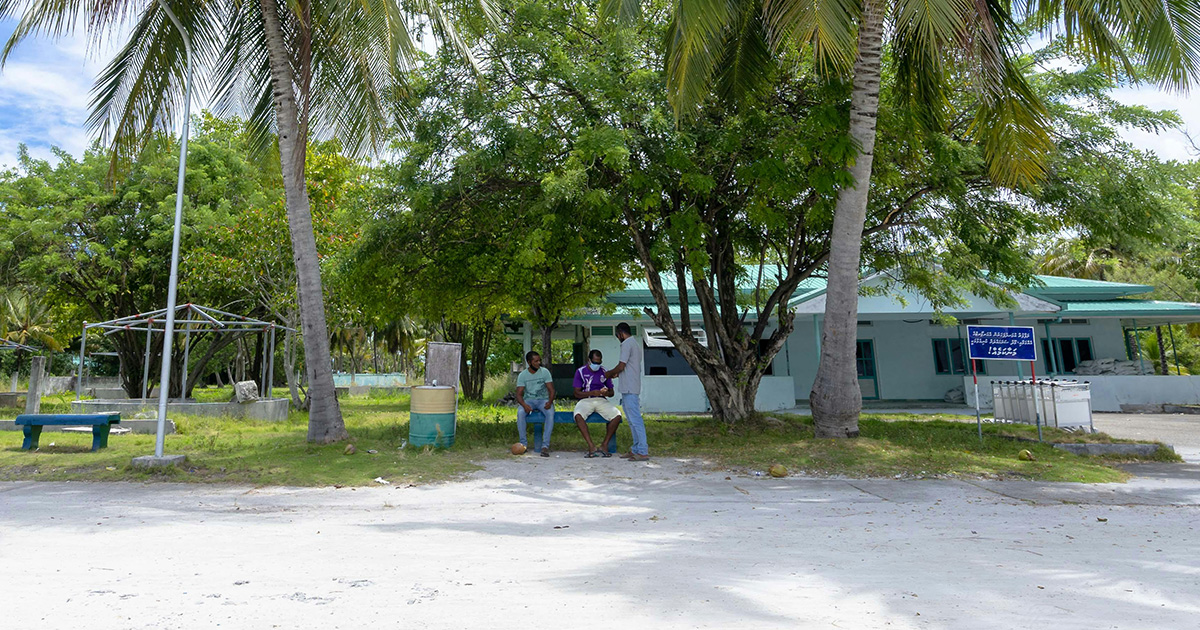
News & Events
The Kids researchers granted $5 million to prevent RHD across PacificA team led by Dr Joseph Kado from the Wesfarmers Centre of Vaccines and Infectious Diseases, based at The Kids Research Institute Australia, and The University of Western Australia (UWA) has been awarded $5 million by the Federal Government in a major push to prevent rheumatic heart disease across the Pacific.
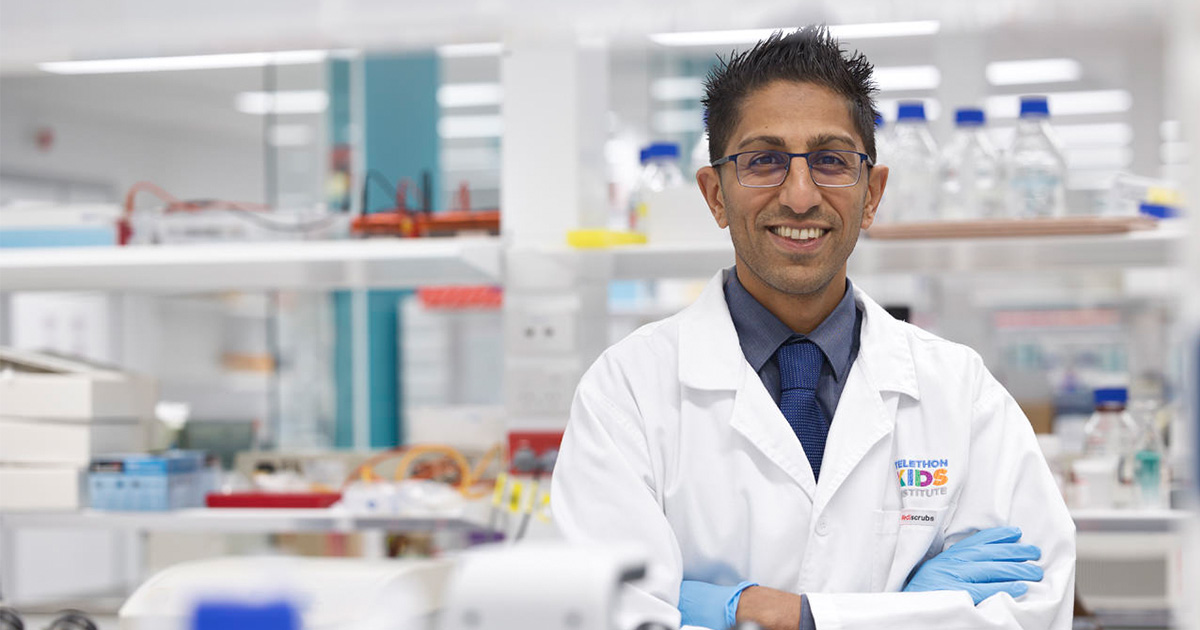
News & Events
Precision medicine offering new hope for kids with aggressive cancersA world-first study involving more than 100 cancer researchers and clinicians across Australia – including from The Kids Research Institute Australia and Perth Children’s Hospital – has shown that precision medicine can significantly improve outcomes for children with high-risk cancer.

News & Events
Researchers receive crucial Near Miss fundingCongratulations to four outstanding The Kids Research Institute Australia researchers who have received funding designed to support researchers who have narrowly missed out on highly competitive national funding.
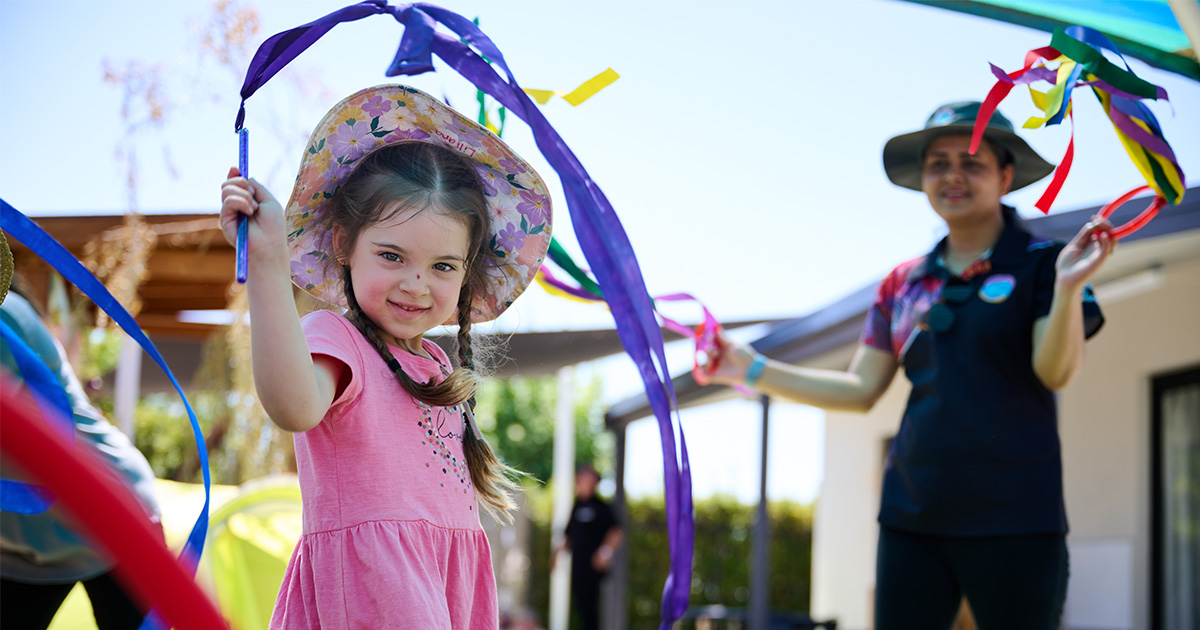
News & Events
New national trial leverages childcare to boost physical activity in young Aussie kidsMore than 80,000 Australian children are expected to benefit as 700 childcare centres across the country trial a new program aimed at boosting declining physical activity levels.
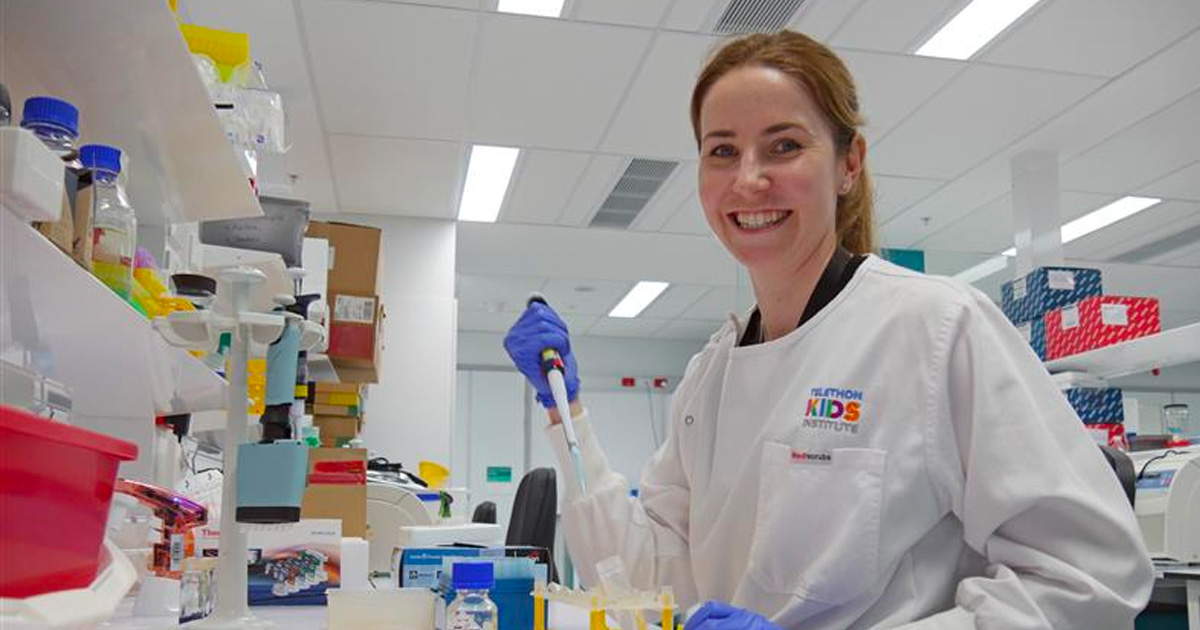
News & Events
New funding for innovative multiple sclerosis researchWA researchers hope to gain new insights into the way immune cells in the body trigger attacks of multiple sclerosis (MS), thanks to new funding from MS Australia.
